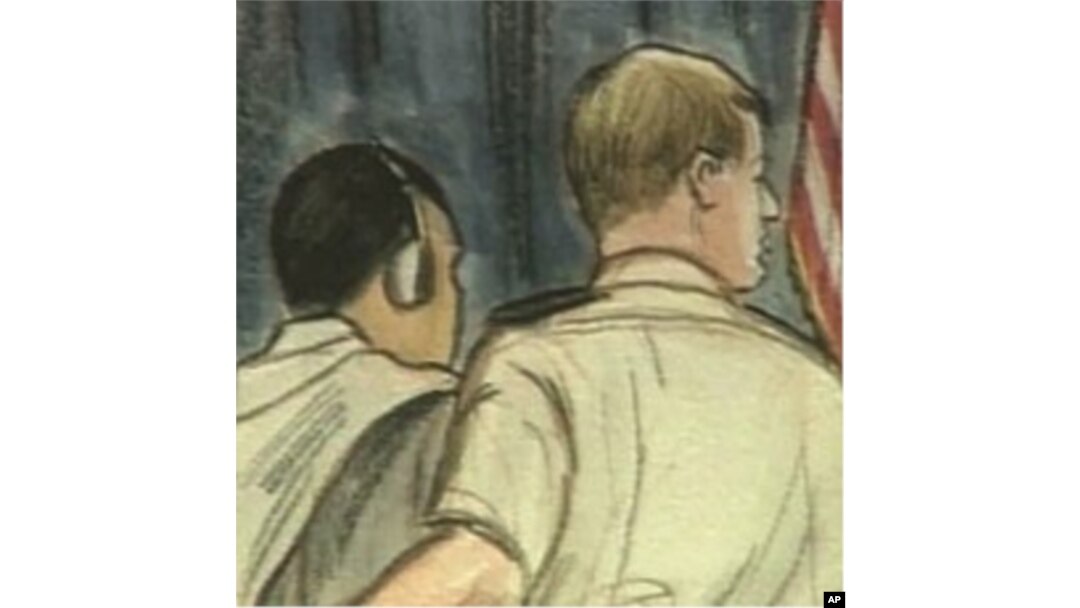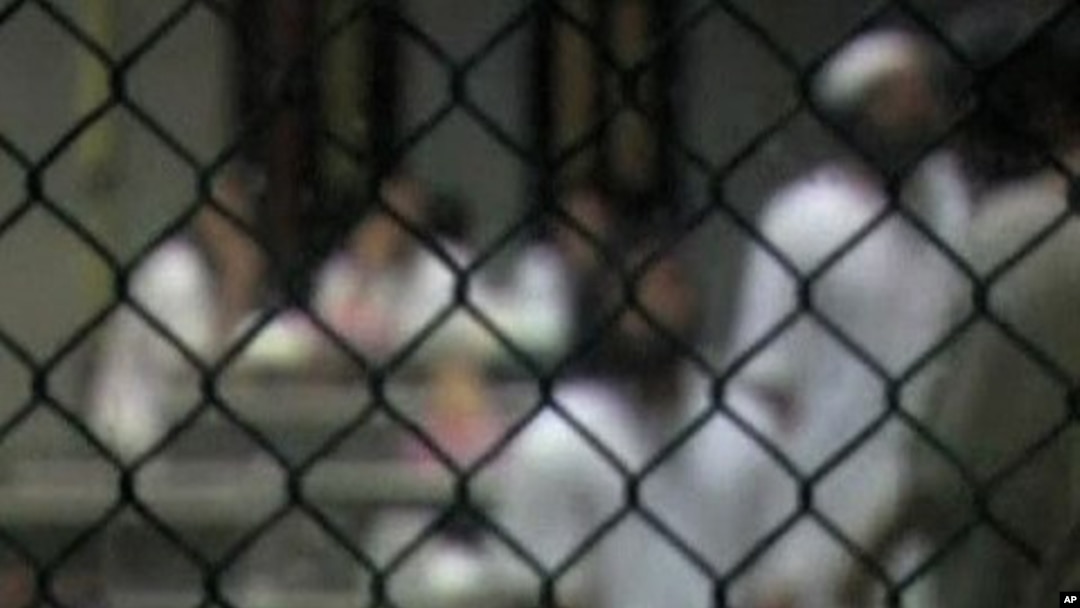On September 27 a court in New York City is scheduled to open the first civilian trial of a terrorism suspect from the Guantanamo Bay, Cuba detention center. The trial of Ahmed Khalfan Ghailani is being hailed by civil rights lawyers who argue that terrorism suspects should have the same legal rights as U.S. citizens. But the debate over how to bring terrorists to justice is still not resolved.
Only a few terrorism cases have been tried by the special military commissions set up at Guantanamo Bay.
tri

Salim Hamdan was the first inmate to be tried at Guantanamo Bay, Cuba, by a military tribunal
In the case of Salim Hamdan - Osama Bin Laden's former driver - the Supreme Court of the United States ruled that the proceedings were illegal. In a retrial, Hamdan was sentenced to five months in prison in addition to the time he was detained awaiting trial. In another case, Australian-born detainee David Hicks received nine months in prison.
Since 2001, hundreds of terrorist suspects have been tried in civilian federal courts, where they have the same constitutional protections as all U.S. citizens. In one of those cases, Moroccan defendant Zacarias Moussaoui received a life sentence for his role in the September 2001 attacks. In another trial, Richard Reid also received a life sentence for trying to blow up an airliner with explosives hidden in his shoes.
"There's just no question that not only are federal courts more effective at rendering justice, but they are also much more effective at protecting constitutional rights and making sure that the trials are going right and that we don't have challenges to them in the courts or in Congress," said Ginny Sloan, president of The Constitution Project, a Washington-based legal research institution.
President Barack Obama's pledge to close the Guantanamo Bay, Cuba center envisaged civilian trials for detainees. And analysts say the trial of Ahmed Khalfan Ghailani will be a milestone in that effort.
But the Obama administration is reconsidering its plan to close Guantanamo after an attempt to try confessed 2001 terror mastermind Khaled Sheikh Mohammed in New York City was unpopular among lawmakers and the public. Reports say some of the suspected plotters of the 2001 attacks might face trial in Guantanamo under new rules of evidence.
"I think we're still, nine years later, struggling to find what's the right venue for holding people accountable for committing atrocious crimes," said David Cole, a law professor at Georgetown University.
Cole says trials in federal courts and military commissions are running into trouble.
"One of the reasons it's so difficult to bring these men to account is because of the way that we treated them when they were in CIA secret prisons, or at Guantanamo," he said.
In the Ghailani case, questions are being raised about the harsh interrogation methods the defendant was subjected to at a CIA-run detention camp overseas. The Tanzanian national is charged with murder in the U.S. embassy bombings in Tanzania and Kenya in 1998.
"That's not justice to say, 'Yes, we torture people. Gee, it's really a shame. We're not doing it anymore," said Denny LeBoeuf, an attorney with the American Civil Liberties Union. "But now we have these people, but they're really bad people. So we have to figure out a way to lock them up. So let's have a second lesser 'justice lite' system, that will somehow redress this great harm.' And it can't."
But others say different rules of evidence are needed because terrorism is an exceptional type of crime.
"We have to remember people who were murdered, people who were vaporized, people who had to throw themselves off buildings that were on fire," said Jim Gilmore, who was Virginia's governor when the Pentagon - in northern Virginia - was attacked in 2001. "Civilized societies have the right to set up systems of justice to defend themselves, whether it's militarily in a case of war, or whether it's in a criminal justice system. We have a right to do that."
The Obama administration wants Guantanamo detainees tried in a way that is seen as legitimate in the eyes of the world. But as in many other countries faced with terrorism, there is pressure to have different rules in America's judicial system for terrorism suspects.


